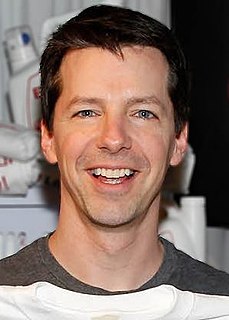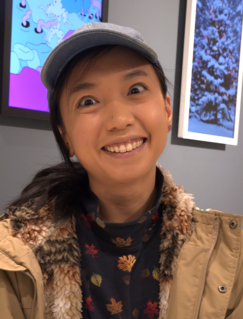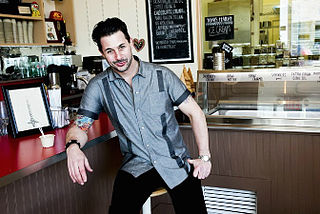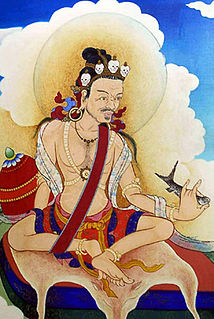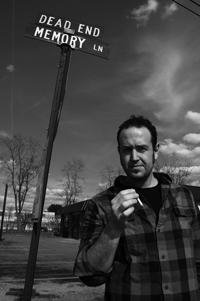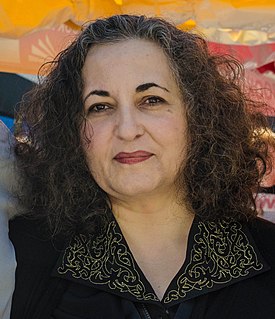A Quote by Jerry Garcia
Light shows are sort of a meditative kind of experience, you know. It is not like a shock.
Related Quotes
I always wanted to make a light that looks like the light you see in your dream. Because the way that light infuses the dream, the way the atmosphere is colored, the way light rains off people with auras and things like that...We don't normally see light like that. But we all know it. So this is no unfamiliar territory - or not unfamiliar light. I like to have this kind of light that reminds us of this other place we know.
Obsessive use of meditative disciplines or perennial study of scripture and philosophy will never bring forth this wonderful realization, this truth which is natural to awareness, because the mind that desperately desires to reach another realm or level of experience inadvertently ignores the basic light that constitutes all experience.
I am completely and utterly hooked to all the great shows on A&E and Court TV that are about small town murder. These shows like Forensic Files, City Confidential, I just can't get enough of them. It's always the same sort of deal. You know that they interview the actual people that lived through the experience. I miss Paul Winfield as the host of City Confidential, may he rest in peace.
That authentic experience that happens both in the artist and in the audience you can classify as a mystical experience. You can classify it as aesthetic shock, or even a psychedelic experience. Some people seek to recreate that experience through drugs. But the other way that you can do it is through art, and through spectacle. We have those experiences when we go to rock shows, or when we listen to a piece of classical music, or read a particular poem, or see a painting.
The thing about Snapchat is it is ephemeral, so you don't - it's not like a video that you post to YouTube and then everyone can see it. It's this video that you get to share this kind of very intimate experience again, this very kind of genuine experience with another person in a more one-on-one sort of way. And I really appreciate that.
The Lampoon was definitely quite formative. You know there's a crazy like kind of network of comedy writers from The Lampoon that are, that kind of you know like Seinfeld and The Simpsons and a lot of shows kind of had a lot of kind of Lampoon writers and so that was very formative. I mean, to me I got interested in comedy writing at an early like reading like Dave Barry.


